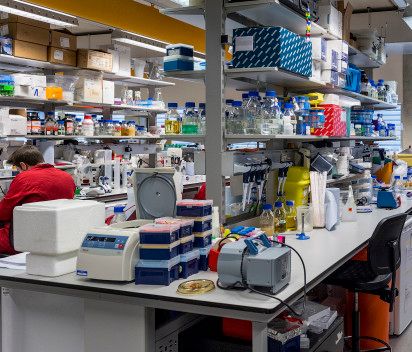BibTex format
@article{Fillol-Salom:2019:10.1371/journal.ppat.1007888,
author = {Fillol-Salom, A and Alsaadi, A and de, Sousa JAM and Zhong, L and Foster, KR and Rocha, EPC and Penades, JR and Ingmer, H and Haaber, J},
doi = {10.1371/journal.ppat.1007888},
journal = {PLoS Pathogens},
title = {Bacteriophages benefit from generalized transduction},
url = {http://dx.doi.org/10.1371/journal.ppat.1007888},
volume = {15},
year = {2019}
}
